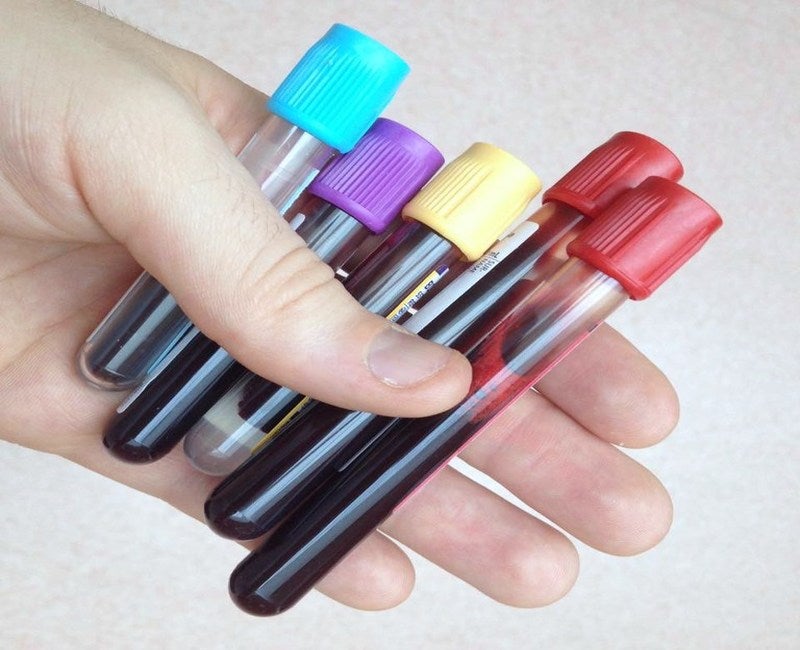
Researchers at Heidelberg University Women’s Hospital in Germany have developed a new blood test to quickly and non-invasively detect breast cancer.
Said to be the first marketable blood test for the disease, the new method uses a combination of 15 different miRNA and methylation biomarkers to identify the tumours.

Discover B2B Marketing That Performs
Combine business intelligence and editorial excellence to reach engaged professionals across 36 leading media platforms.
The test is based on liquid biopsy and thus requires bodily fluid to analyse messenger substances from tumour cells and deliver information regarding the disease.
According to the researchers, the test is suitable for women of any age but is beneficial for those aged below 50 years and women with a familial risk of breast cancer.
University Women’s Hospital managing medical director Christof Sohn said: “The blood test developed by our team of researchers offers a new and revolutionary opportunity to detect cancer in the breast quickly and non-invasively using biomarkers in the blood.”
Professor Sarah Schott, section head of Translational Gynaecology and Head of Familial Cancers at the University Women’s Hospital, added that the blood-based procedure lowers burden on patients as it not painful and does not require exposure to radiation.

US Tariffs are shifting - will you react or anticipate?
Don’t let policy changes catch you off guard. Stay proactive with real-time data and expert analysis.
By GlobalDataThe researchers conducted multiple clinical studies to validate the blood test.
Over the past 12 months, the team has been conducting a multi-centre study designed to enrol 2,000 participants. Data from more than 500 breast cancer patients demonstrated an overall sensitivity of 75%.
However, age-related differences were observed, with sensitivity being 86% in women aged less than 50 years, compared to 60% in those above 50 years of age.
The study is ongoing and aims to further specify and improve the significance, sensitivity and usability of the test. In addition, the researchers are studying the test’s use for other cancer types, including ovarian cancer.
Also, the team noted that the test can be used to identify the development of metastatic and recurring cancers at early stages, as well as for long-term monitoring.
This type of information gathered using the test could be used to monitor treatment response.
Heidelberg University Hospital has created a spin-off company called HeiScreen to work on the commercialisation of the test, which is currently under review for CE certification.





